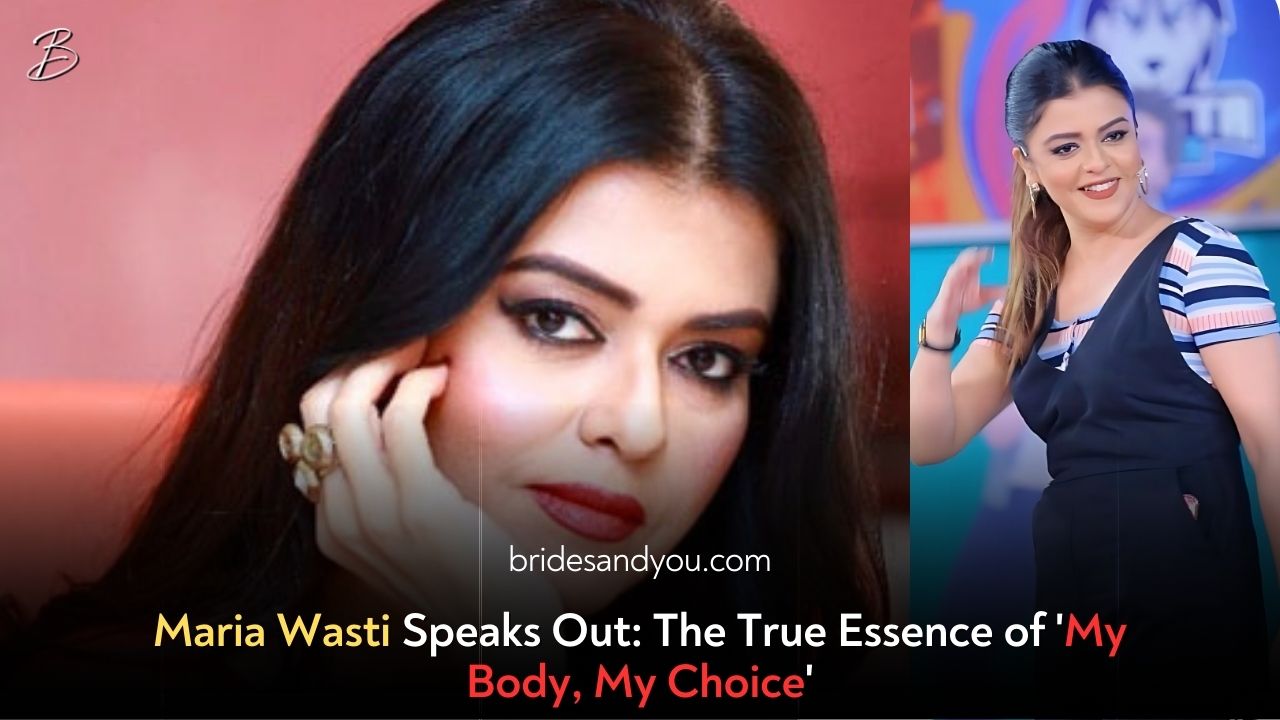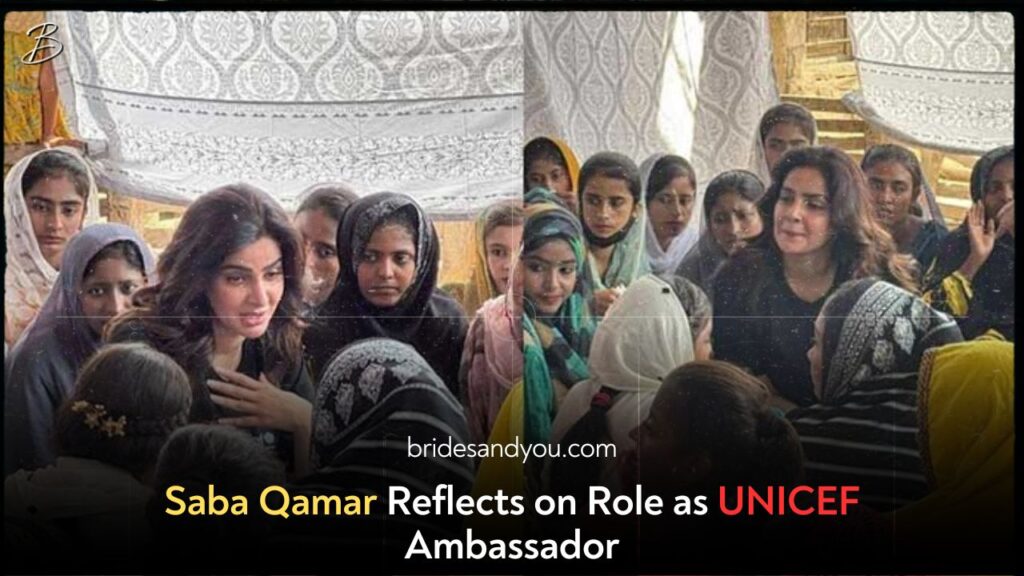Now Reading: Maria Wasti Advocates for “My Body, My Choice” and Highlights Societal Misinterpretations
-
01
Maria Wasti Advocates for “My Body, My Choice” and Highlights Societal Misinterpretations
Maria Wasti Advocates for “My Body, My Choice” and Highlights Societal Misinterpretations

In a compelling podcast appearance, celebrated Pakistani actress Maria Wasti shed light on the true essence of the slogan “My Body, My Choice”, a phrase often misunderstood and unjustly politicized in Pakistani society. Wasti’s candid discussion spanned crucial topics like women’s and children’s rights, emphasizing the urgent need to address systemic issues impacting marginalized communities across the country.
The actress articulated that the slogan, at its heart, stands for personal autonomy, self-determination, and the freedom to make life choices, rather than being confined to the literal interpretation of physical body ownership.
Breaking Down Misconceptions
Maria Wasti explained that society’s fixation on the word “body” in the slogan detracts from its broader significance. It isn’t about physicality alone; instead, it’s a call for recognizing the basic human right to govern one’s life without interference. “When someone talks about owning their eyes or kidneys, no one questions it. The same logic should apply to this slogan,” Wasti remarked, drawing a thought-provoking comparison.
Women’s Rights: A Persistent Struggle
Wasti further highlighted that although women constitute 55% of Pakistan’s population, they continue to face systemic inequalities, fighting for fundamental rights as though they are a minority. She expressed that the slogan encapsulates the need for women to have control over their lives—a concept that should be a given in any progressive society but remains contentious in Pakistan.
Children’s Rights: A Need for Change
The actress also delved into the cultural norms surrounding children, pointing out how they are often discouraged from asking questions or expressing opinions. “Children are told to follow commands without understanding or questioning,” she noted, stressing the importance of nurturing inquisitiveness and independent thought from a young age.
Maria Wasti’s insightful commentary serves as a powerful reminder of the pressing need to dismantle societal taboos and champion the rights of women and children alike.













